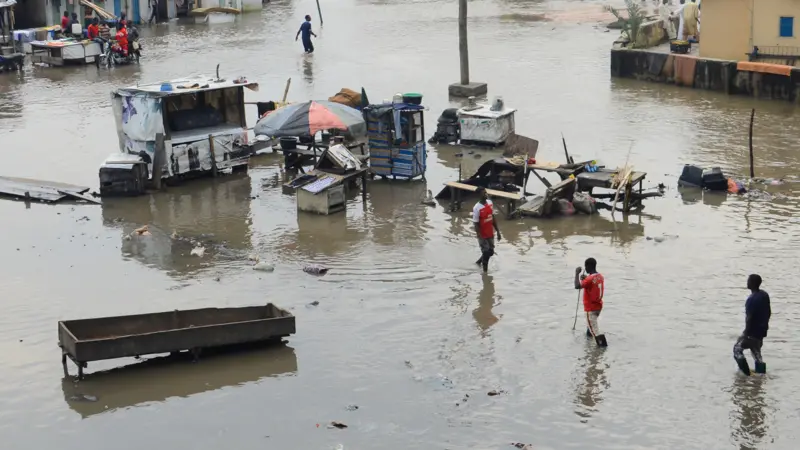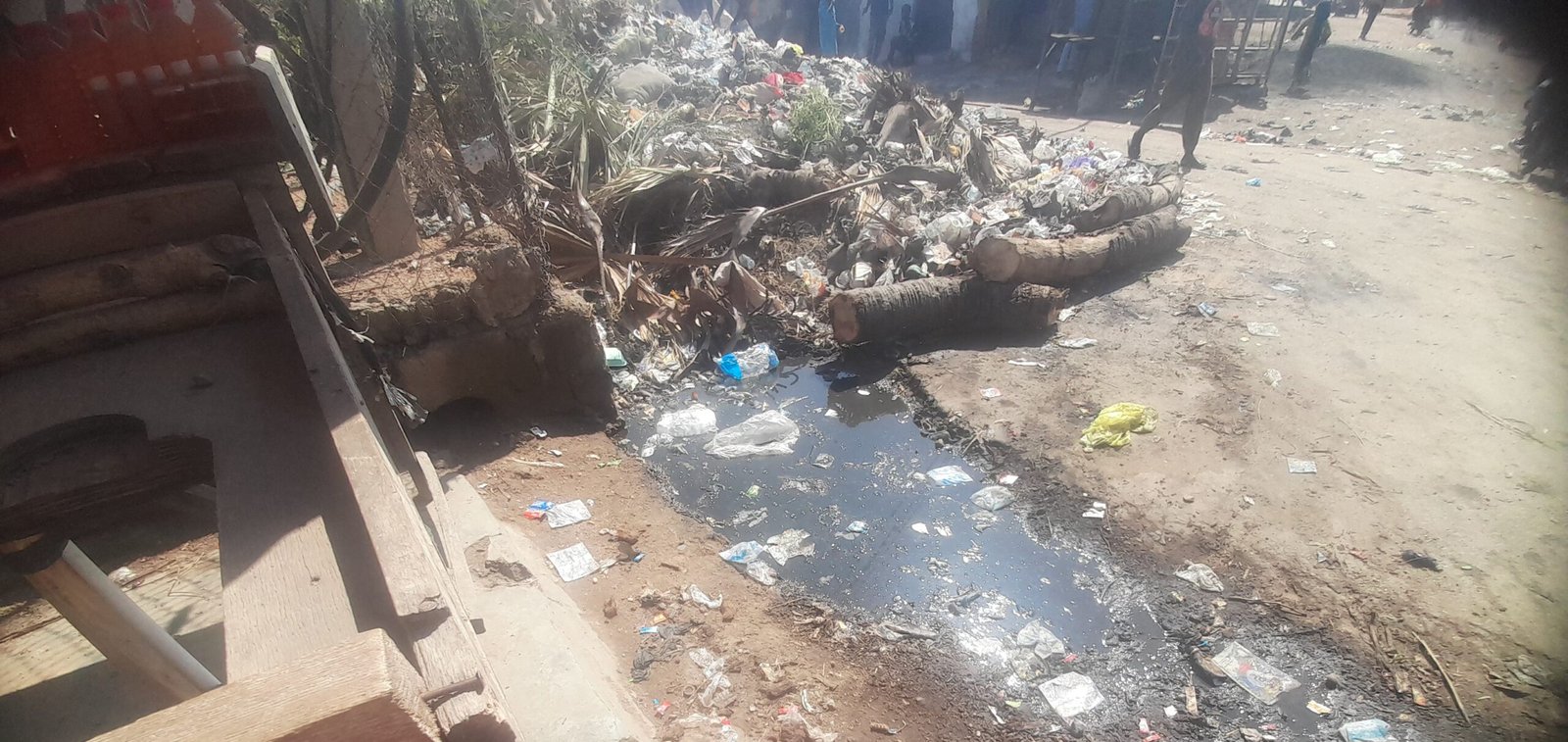A fresh report by the National Emergency Operations Center (NEOC), says increasing flood levels have affected no less than 115, 265 hectares of farmlands In Nigeria. The nation’s economic outlook appears gloomy as the floods ravage farmlands and also claim lives and properties across the country.
A breakdown of the affected states revealed that Bauchi recorded the highest affected farmlands with 50, 343 hectares, Taraba with 22, 182 hectares, Jigawa with 9, 919 hectares, Niger with 9, 488 hectares, and Sokoto, 8, 676 hectares.
Other states affected by the flooding are Adamawa with 3, 392 hectares, Bayelsa 170 hectares, Borno 313 hectares, Ebonyi 100 hectares, Enugu 953 hectares, Gombe 1, 311 hectares, Kaduna 120 hectares, Kano 3, 072 hectares, Katsina 37 hectares, Kebbi 3, 382 hectares, Yobe with 223 hectares, and Zamfara with 1, 584 hectares.
The report on the 2024 flood by the centre also said 29 states of the federation, 154 local government areas, 611, 201 persons have been affected, 225, 169 persons displaced, 83, 457 households affected, 201 lives lost, and 2,119 injuries have been recorded so far during this year’s flooding.
The new flood data comes on the heels of recent food shortages in the country, and food inflation put at over 40 per cent by the National Bureau of Statistics (NBS).
Nigerians To Spend 54.9% Income On Food In Next Six Months
It is not yet Uhuru for Nigeria when it comes to resolving the rising food crisis in the country, as newly released data from
On Monday, a Central Bank of Nigeria’s survey said rising inflation rate will force Nigerian households to spend the largest amounts of their earnings on food in the next six months.
According to the CBN report, the poll was conducted from July 22 to 26, 2024, with a response rate of 99.7 per cent with its sample size drawn from the NBS master sample list of 1,665 households in the 36 states of the federation and the Federal Capital Territory.
The report, Household Expectation Survey published on its website, CBN said many Nigerians intend to cut down on items that are not essential now, in the next three and six months.
They, however, plan to spend 54.9 per cent of their income on food items in the next six months.
“Spending outlook for the next six months showed that consumers plan to spend a substantial amount of their income on the following items: food and other household Items (54.9 points), education (35.4 points), transportation (30.2 points), electricity (20.0 points) and medical expenses (12.2 points),” the poll shows.
On the flip, the respondents do not plan to spend a substantial amount of income on big-ticket items such as the purchase of a house, car and household appliances.
Also, Nigerians do not intend to spend on investment, such as acquiring landed properties or other forms of investments. They equally do not plan on saving their incomes.
“This reflects their family financial situation in the current month and reaffirms their stance that they will be drawing down on their savings or getting into debt,” the apex bank survey shows. (With Agency Report)



